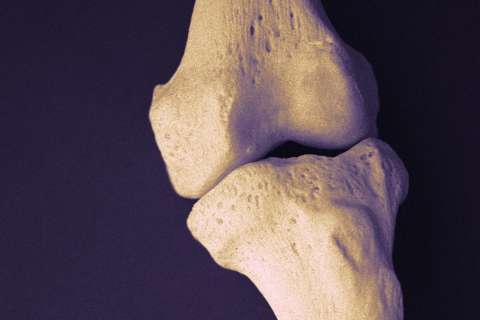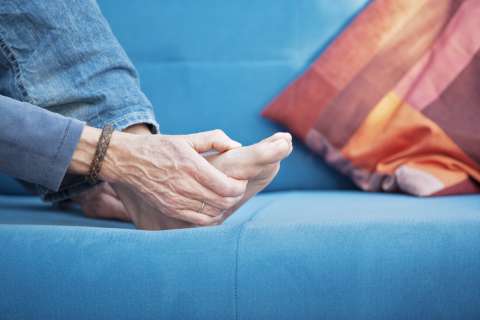Hello again, dear readers, and welcome to our monthly letters column. Even before the official start of summer, much of the U.S. was facing excessive heat, and it hasn’t let up as we’ve passed Independence Day. Whenever temperatures spike, please take care. Limit outdoor or strenuous activities, and stay hydrated. Use fans or air conditioners if you have them, take advantage of the air conditioning in a mall or visit a dedicated cooling center. One of our columns this week explores the symptoms and dangers of heat-related illnesses. If your own workplace is affected by extremes in the weather, this is a worthwhile read. And now, onward to your letters.
- A recent column about spinal stenosis, a condition in which narrowing within the vertebrae puts pressure on the spinal cord and the surrounding nerves, prompted a follow-up question. “Is it common for moderate cervical spinal stenosis to cause partial or complete paralysis in a fall or accident?” a reader asked. “Is surgery recommended because risk of paralysis is high?” Cervical spinal stenosis means the narrowing has occurred in the neck region of the spine. When a surgical repair of this type of stenosis is recommended, the risk of injuring the spinal cord in a fall is often cited as a factor. Research into the issue suggests that spinal cord injuries may not be a common outcome. However, a possible injury to the cervical region of the spinal cord injury is a big risk to take. Decisions regarding surgery should take into account the degree of stenosis, the physical health and strength of the patient and their lifestyle and habits. As with any surgery, it is wise to seek more than one opinion regarding the pros and cons of moving forward.
- A column about how taking a post-meal walk may improve blood sugar control caught the interest of quite a few readers. Researchers who sifted through blood sugar data in seven separate studies found that even a five-minute walk after eating a meal moderated blood sugar spikes. They also found that the changes to blood sugar that did occur were less extreme in people who were active after a meal than in those who remained sedentary. For those of you who asked for the source of the study, it was published in the February 2022 issue of the journal Sports Medicine.
- A reader who is scheduled for a colonoscopy later this year asked about a specific instruction he received from his doctor. “I was told to stop my blood thinner medication 10 days prior to the procedure,” he wrote. “What is the effect of such a stoppage?” Some medications, including prescription blood thinners, can interfere with the body’s ability to form blood clots. This can increase the risk of bleeding during and after the colonoscopy. Although this type of brief pause is generally considered safe, the decision to stop the medication should be made under the guidance of the prescribing physician.
As always, we thank you for taking the time to write. We’ve had a bumper crop of mail, so we will be back soon with a bonus letters column.
(Send your questions to [email protected], or write: Ask the Doctors, c/o UCLA Health Sciences Media Relations, 10960 Wilshire Blvd., Suite 1955, Los Angeles, CA, 90024. Owing to the volume of mail, personal replies cannot be provided.)





